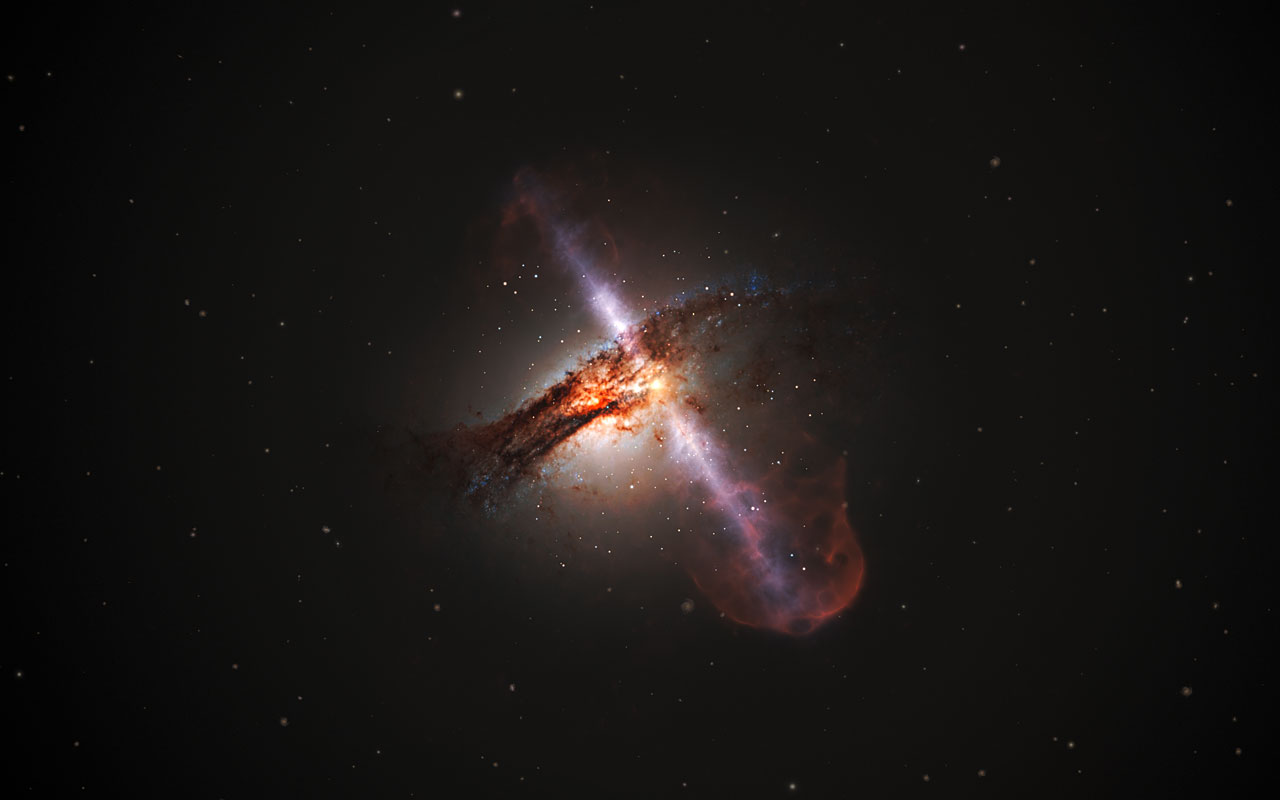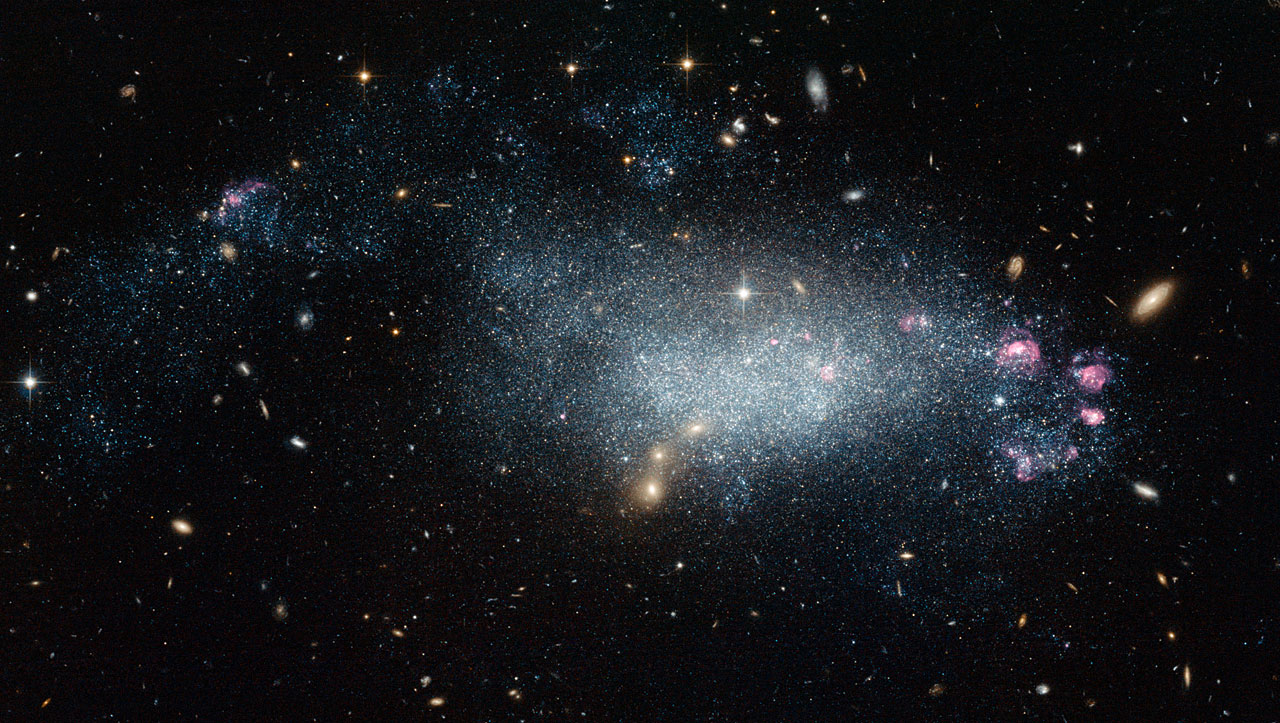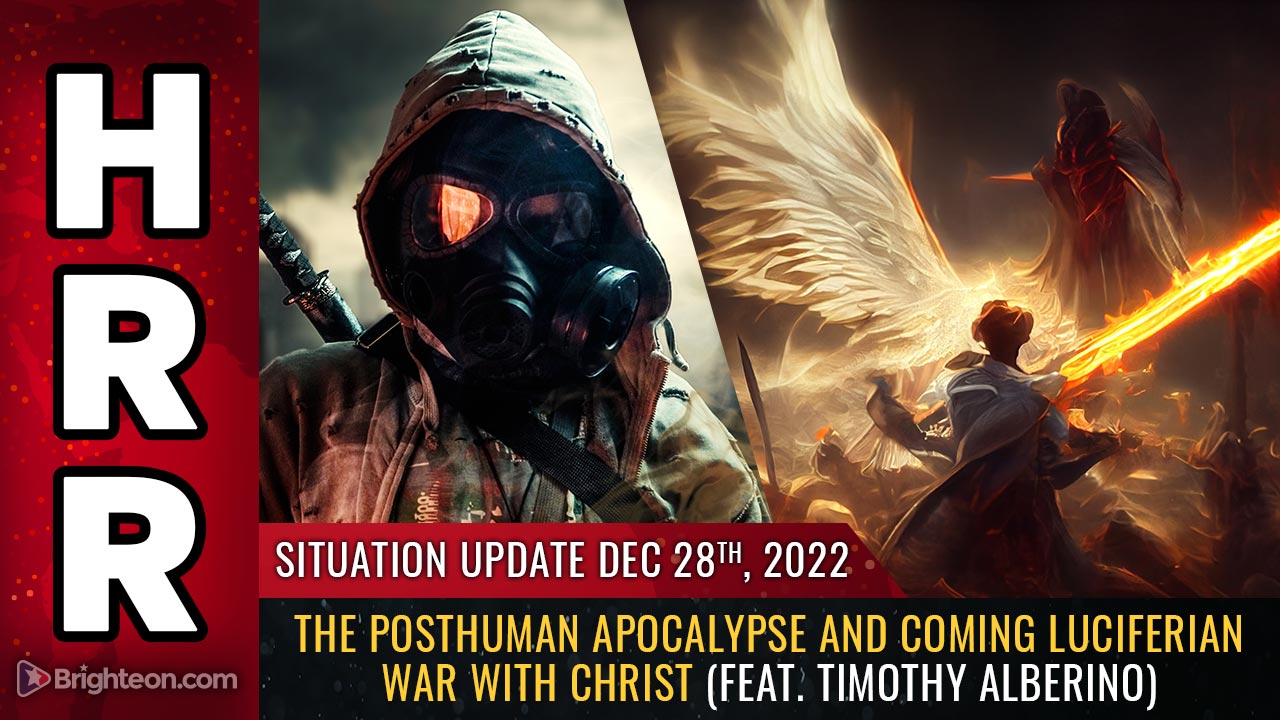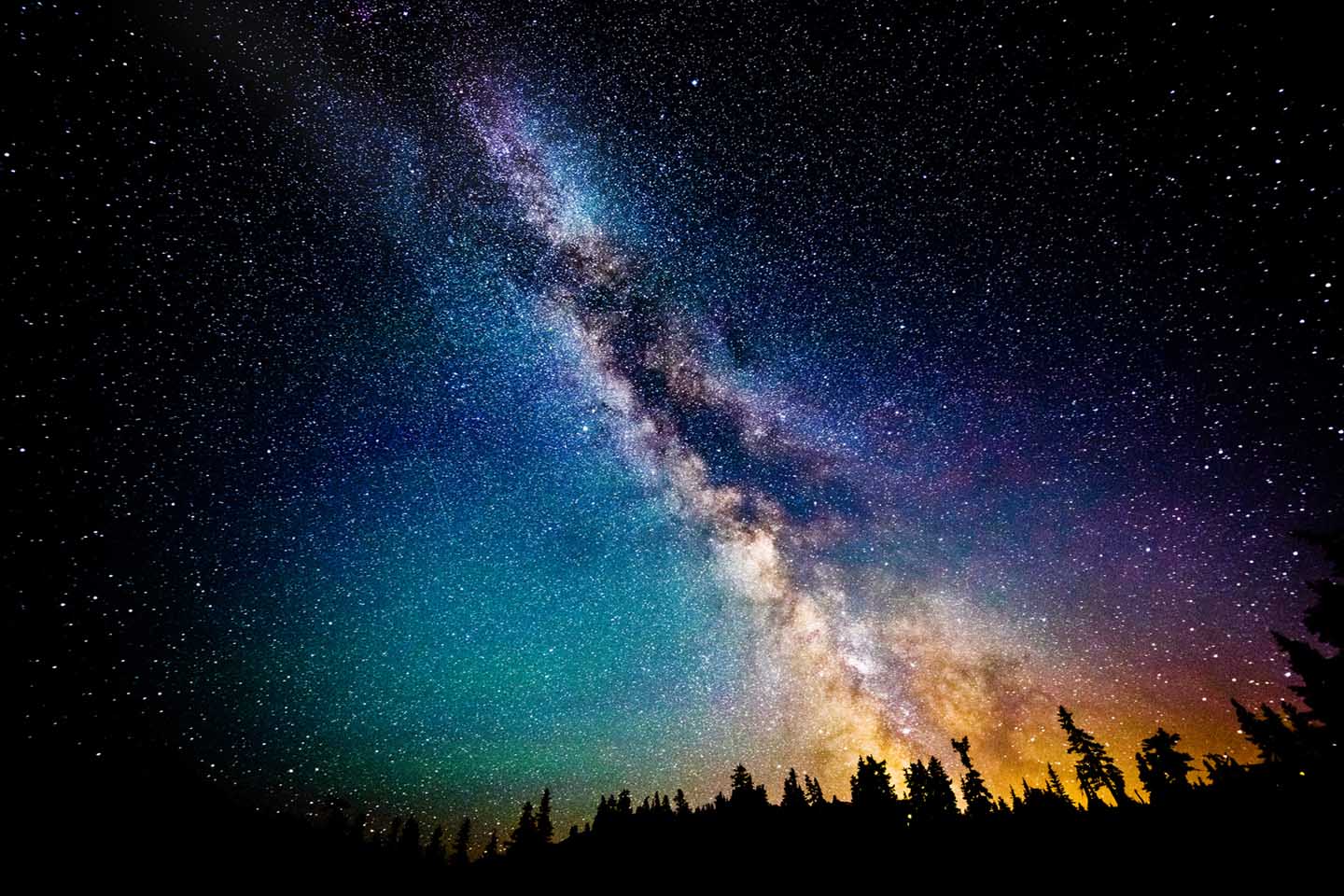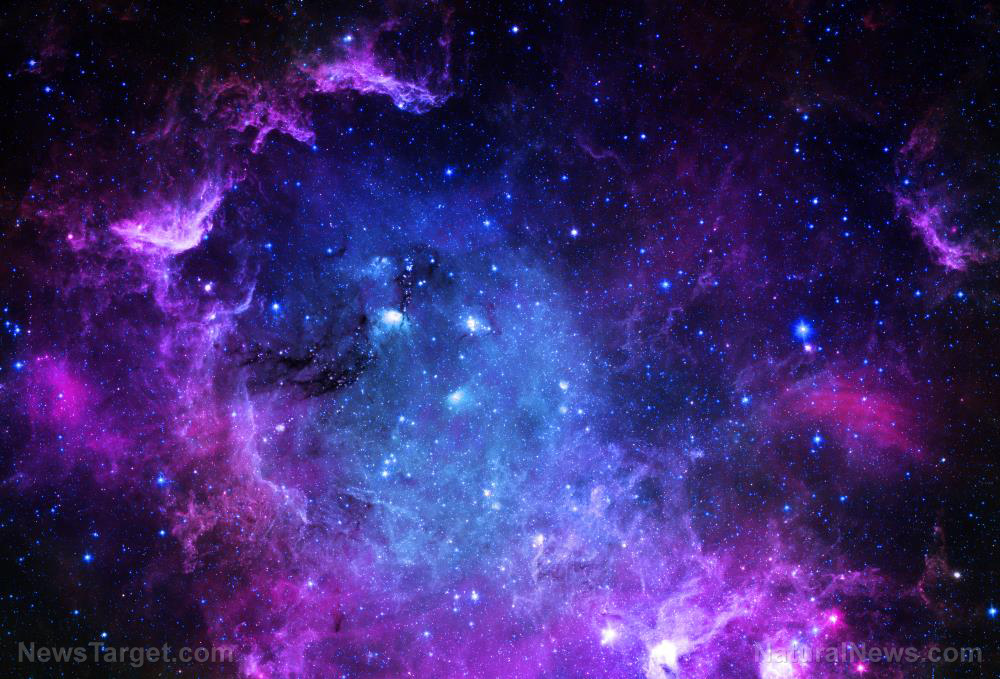
Scientists at the University of California, Los Angeles (UCLA) have recorded a mysterious and unprecedented flash of light coming from the supermassive black hole at the heart of our galaxy.
Known to scientists as Sagittarius A* (Sgr A*), the black hole at the center of the Milky Way is relatively quiet. For the most part, Sgr A*'s activity is low key, with minimal fluctuations in its brightness.
In May of 2019, however, ULCA scientists caught Sgr A* glowing 75 times brighter than normal – the brightest scientists have ever seen it in near-infrared wavelengths – before going back down to normal levels.
Brightest flash from the heart of our galaxy
Sgr A*'s sudden burst was captured over a four-night period by scientists at the W. M. Keck Observatory in Hawaii. On one night, scientists were able to capture over two hours of footage which they have since been able to compress into just a few seconds via time-lapse.
https://twitter.com/quantumpenguin/status/1160368687590727680
“I was pretty surprised at first and then very excited,” said UCLA astronomer Tuan Do to Science Alert. “The black hole was so bright I at first mistook it for the star S0-2, because I had never seen Sgr A* that bright. Over the next few frames, though, it was clear the source was variable and had to be the black hole.”
“I knew almost right away there was probably something interesting going on with the black hole,” he added.
As bright as the flash capture on the footage was – brighter than any other observed in human history – it may have even been brighter. The peak brightness that the scientists saw was at the start of the telescope's imaging – it may have even been brighter right before that.
Searching for the cause of the flash
With footage of the event in hand, scientists are now on a mission to find out what caused Sgr A* to flash so brightly.
While black holes are known to regularly flicker, changing in brightness from moment to moment, large flashes similar to the one observed with Sgr A* are rare and usually indicate that another celestial object has been caught in the black hole's gravitational pull.
Scientists, however, are unaware of any large object that may have been swallowed by the supermassive black hole.
To find out if such an object was pulled into the supermassive black hole, scientists poured through footage and data from the observatory. Do and his team narrowed their search down to two immediate possibilities.
The first of these is G2, an object that scientists believe to be a gas cloud that approached within 36 light-hours, or about 24 billion miles, of Sgr A* in 2014. If G2 was the culprit, then this proximity should have torn it to shreds, with parts of it consumed by the black hole; however, nothing of the sort happened.
Scientists later called this flyby a “cosmic fizzle,” though the researchers believe that the flash may have been a delayed reaction.
The other possible culprit, is S0-2. This is a star that's on a long, looping, 16-year elliptical orbit around Sgr A*. In 2018, the star made its closest approach to the supermassive black hole, coming within 17 light-hours – 11.4 billion miles – of it.
“One of the possibilities, is that the star S0-2, when it passed close to the black hole last year, changed the way gas flows into the black hole, and so more gas is falling on it, leading it to become more variable,” explained Do.
More data is needed for the scientists to come to a conclusive answer, however. For this, they're relying on data from other telescopes that can see the galactic center even as it moves out of range of the Keck Observatory.
Sources include:
Please contact us for more information.
















